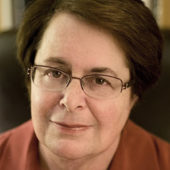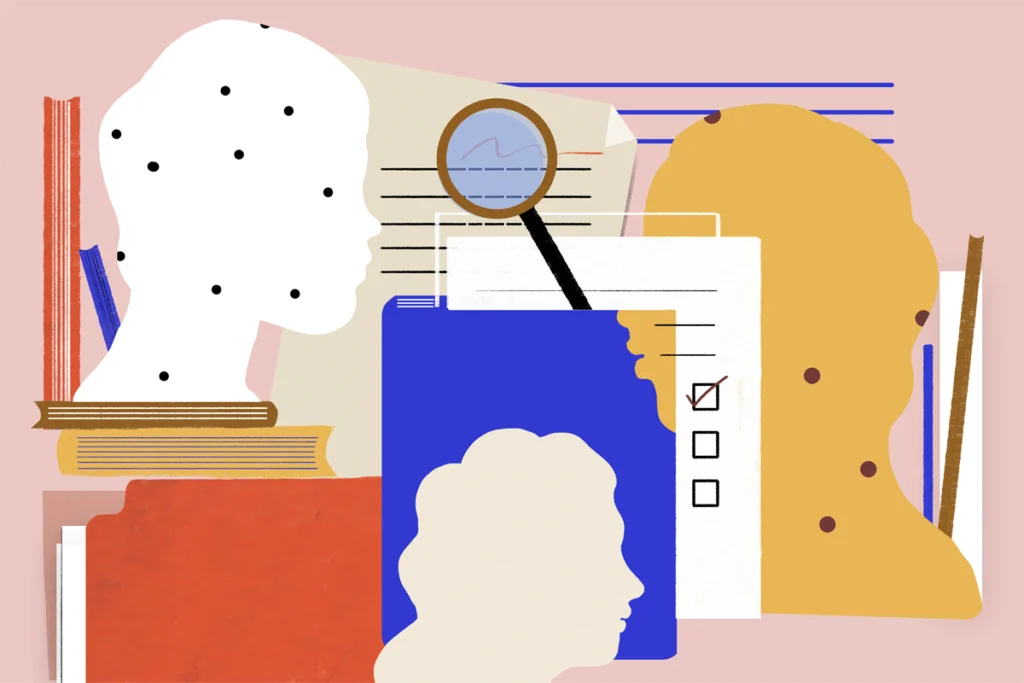Deborah Fein is Board of Trustees Distinguished Professor Emeritus in the Department of Psychological Sciences and the Department of Pediatrics at the University of Connecticut in Storrs.

Deborah Fein
Board of Trustees Distinguished Professor Emeritus
University of Connecticut
From this contributor
‘Prototypical autism’ research is likely a dead end
Efforts to define “frank” or “classic” forms of the condition build on several assumptions that the science has not yet borne out.

‘Prototypical autism’ research is likely a dead end
Journal club: Why do some children lose their autism diagnosis?
More than one-third of a cohort of autistic toddlers no longer meet criteria for the condition at school age, according to a new study, but the findings may not generalize because the cohort is predominantly white and affluent.

Journal club: Why do some children lose their autism diagnosis?
Screening toddlers for autism is worthwhile
A Norwegian study published in February suggested that the Modified Checklist for Autism in Toddlers fails to detect many cases of autism at 18 months of age. The creators of the test explain why there’s more to the story.

Screening toddlers for autism is worthwhile
Explore more from The Transmitter
Astrocytes orchestrate oxytocin’s social effects in mice
The cells amplify oxytocin—and may be responsible for sex differences in social behavior, two preprints find.

Astrocytes orchestrate oxytocin’s social effects in mice
The cells amplify oxytocin—and may be responsible for sex differences in social behavior, two preprints find.
Neuro’s ark: Spying on the secret sensory world of ticks
Carola Städele, a self-proclaimed “tick magnet,” studies the arachnids’ sensory neurobiology—in other words, how these tiny parasites zero in on their next meal.

Neuro’s ark: Spying on the secret sensory world of ticks
Carola Städele, a self-proclaimed “tick magnet,” studies the arachnids’ sensory neurobiology—in other words, how these tiny parasites zero in on their next meal.
Autism in old age, and more
Here is a roundup of autism-related news and research spotted around the web for the week of 2 March.

Autism in old age, and more
Here is a roundup of autism-related news and research spotted around the web for the week of 2 March.